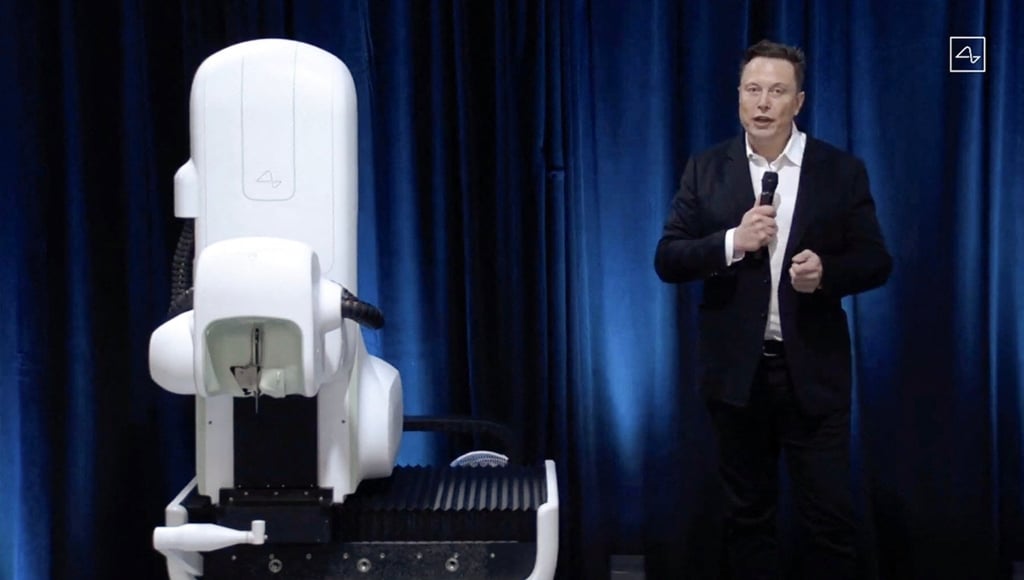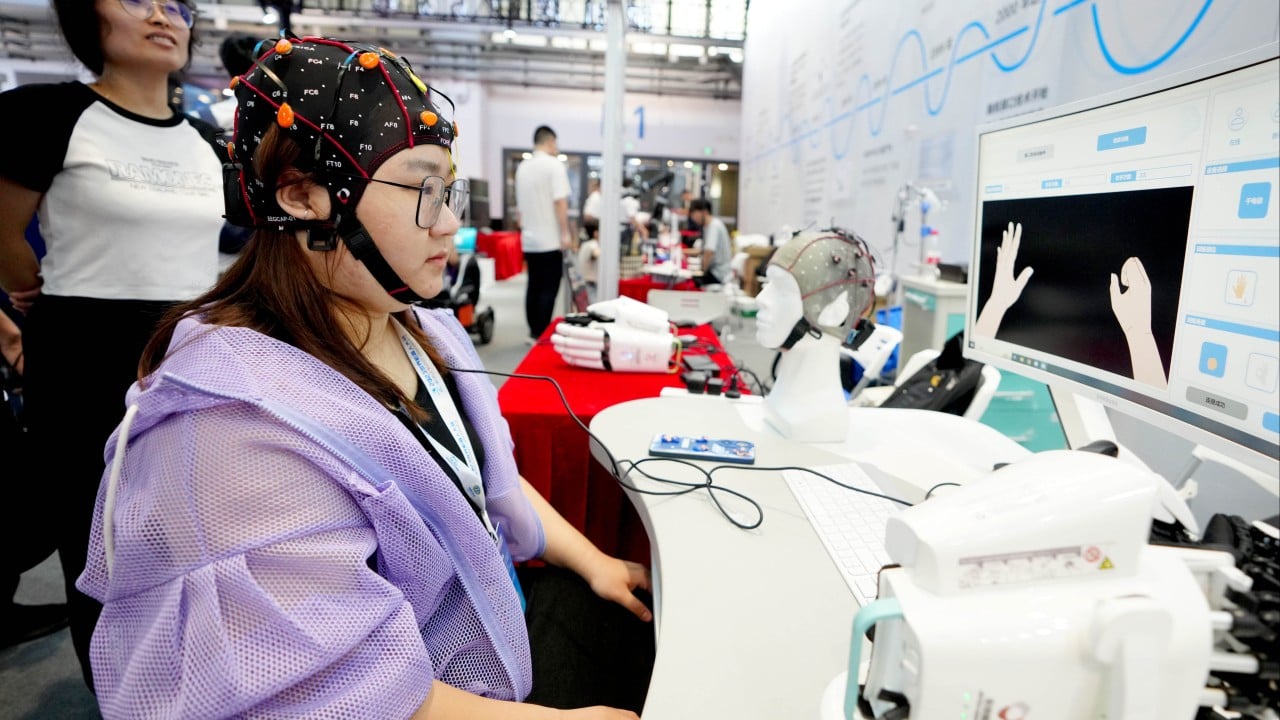Chinese brain-computer interface (BCI) companies, such as Nanjing Panda Electronics and MicroPort NeuroScientific, are benefiting from supportive policies, as the country vows to develop “two or three” global players in the sector by 2030 to compete with US entrepreneur Elon Musk’s Neuralink.
Advertisement
In a document released on July 30 by seven ministries, including the Ministry of Industry and Information Technology, China outlined its goal to achieve breakthroughs in key BCI technologies by 2027. The plan includes establishing an advanced technology system and an industrial framework.
While the government did not specify which companies it would support, its target of creating “two to three leading players” has generated excitement among investors. In addition, policymakers aimed to nurture numerous “little giants” and “unicorns”, underscoring its commitment to developing BCI technology into a robust industry.
In Hong Kong, shares of Nanjing Panda Electronics jumped over 19 per cent on Thursday, while MicroPort NeuroScientific rose 8 per cent. In Shanghai, Xiangyu Medical gained more than 11 per cent, and Jiangsu Apon Medical Technology increased nearly 8.5 per cent.

China’s initiative represents a significant government endorsement of BCI technology. Cities and universities across the nation are conducting BCI-related clinical trials, while hospitals in Beijing and Shenzhen opened BCI wards in the first half of this year.
Advertisement

